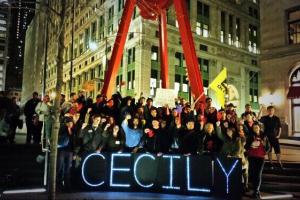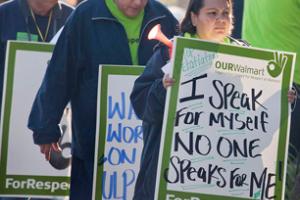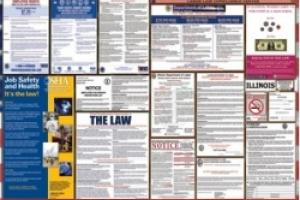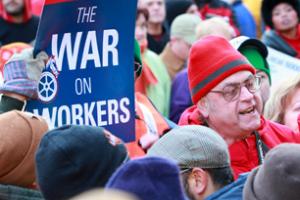Cecily's Pre-sentencing Statement to the Judge
Justice for Cecily
 And though I am still young, and still searching for answers, I have started down a path where dignity is derived from the law of love, and though it has been said that this trial is personal and not political, I maintain that the personal cannot be divorced from the political.Whereas nonviolent civil disobedience is the manifestation of my ideology, it is rooted in a love ethic that is central to my identity.
And though I am still young, and still searching for answers, I have started down a path where dignity is derived from the law of love, and though it has been said that this trial is personal and not political, I maintain that the personal cannot be divorced from the political.Whereas nonviolent civil disobedience is the manifestation of my ideology, it is rooted in a love ethic that is central to my identity.






Spread the word